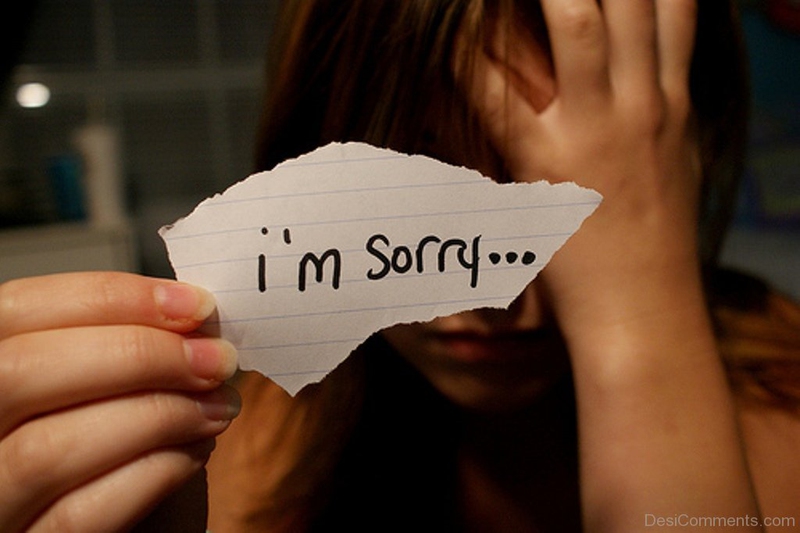Human beings are born with an instinct to defend themselves. This is especially true whenever we feel threatened or attacked. In primitive days, the apes use survival skills to protect themselves from being attacked. The brain automatically sends signals whenever danger arises. You may ask, “How can you control or cope with emotional setbacks without burning bridges and building walls?” Experts in communication advise to keep away from being too defensive. Most often, being overly defensive causes more trouble in communication and relationships.
How to Stop Being Defensive
Name the Problem/Issue/Concern
The first step to avoid acting defensively is to know the problem. The problem with defensiveness is that we often tend to start the immediate knee-jerking response. If the issue is named, then you can actually confront the problem.
Ask Specifically
After acknowledging that there is a problem, you need to clarify things. “How”, “Why” and “When” can be used in moderation and without nitpicking. Be calm, sensible and sensitive for your partner to open up to you.
Never Counter-Criticize
Since human nature tells us that it is natural to defend ourselves, it cannot be helped that we counter-criticize when we are being criticized. This fault-finding behavior is common among couples, families and friends having a bit of misunderstanding. By all means, do not use this defense strategy. Instead, focus on your partner’s or your loved one’s complains, so that you can really see where the problem is.
Hear the TRUTH Behind the Criticism
It is extremely hard to avoid ALL negatives whenever we are criticized. It is harder to listen genuinely when it is our fault because we tend to speak more and defend ourselves. Dr. John Gottman, couple therapist said that defensiveness is the most unrecognizable destructive communication pattern. However, it is very important that we see the truth behind the criticism; most of the time our loved ones are only saying something hurtful for our own good.
Give Value to Your Partner’s Perception
John Gottman’s Antidote to Defensiveness teaches effective means on how to stop being defensive. The main idea is to value your partner and his or her point of views. In misunderstanding, arguments and even just normal talks, it is always best to listen and listen genuinely to your partner. Tell your partner that you agreed with something he or she said. Although you may not agree on everything, you need to find a common point. This is for both of you to meet halfway.
Acknowledge Your Difference
Accepting differences in opinion does not mean you need to accept that you need to be accountable for everything. It only means that you have to focus on the problem, validate and value your partner’s point.
Don’t Justify Yourself All The Time
It is important to stop defending yourself all the time. Having knee-jerk responses even if you do not necessarily need to can be alarming and you may need to see a therapist.
Examine Why You Always Act Defensively
It may be easy to preach ‘Practice Responding Positively to Negative Situations’ but so hard to keep up when you are used to act defensive all the time. Your action may be based on past events where you need to take defensive mechanism as part of your everyday behavior. If you had been living defensively, it may be time to let go of the past.
Control Your Feelings/Emotions
Learn how to take criticisms openly and positively. If you have a positive attitude towards criticisms, you can easily control your emotions. If you will not take things personally all the time, you can deal with conflict or issue in a stress-free, healthy manner.
Be Secure and Confident
According to Heinz Kohut, Australian psychoanalyst, being a self-confident person can actually help in negative situations. Having “healthy adult narcissism” will be healthy once confronted with life problems. It is because instead of reacting defensively, you can actually face the problem with much confidence. It is also found out that using “I” statements can be a key on how to stop being defensive. Being focused on oneself means that it can prevent unfair judgments on others. Communicate effectively your thoughts and also hear the explanation on the other side.
Know How to Empathize
Empathizing means you have to start listening to what others (your partner, family member, friends, co-workers) have to say. It also means delaying unnecessary things to say in order not to trigger a fight.
Always Think About How Things Might End
You need to think how criticisms can benefit you. You also need to have to inject in your system that being “Wrong” Is OKAY. Whether it may be your fault or other’s fault (your partner’s), you need to learn to apologize. Thank your partner for bringing up the problem or issue or concern. It is much better to settle things upfront than waiting years for the issue to become cause of a major, irresolvable problem.
It is tiresome to be overly defensive. Instead of defending yourself all the time, you need to start examining yourself of the effect of having defensiveness as part of your life. There should be a moment or space between responding to stimulus/criticism. Taking the time to think before one act can make a difference. Apply these 12 ways on how to stop being defensive to help you live a better life with others especially for those with lifetime partner.





View All Comments /Add Comment